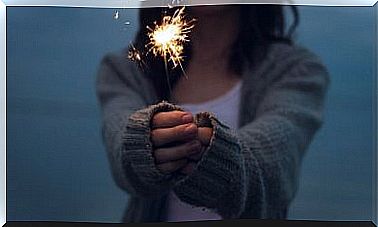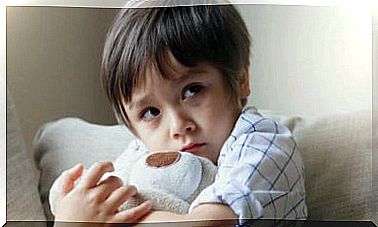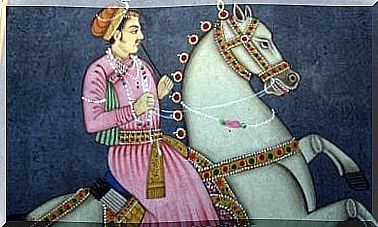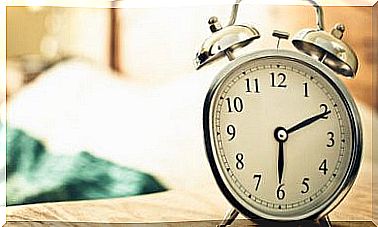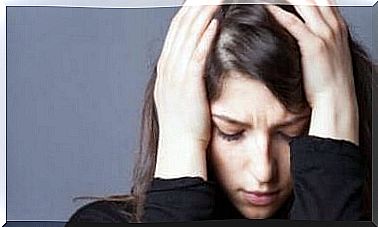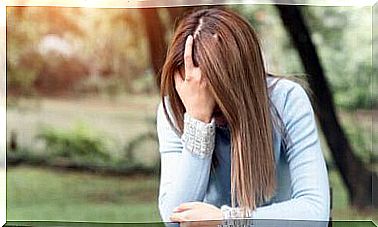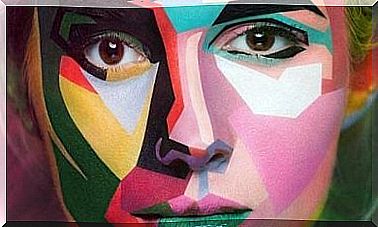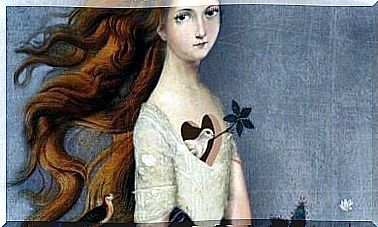Maria Montessori: The Woman Who Changed The World Of Education
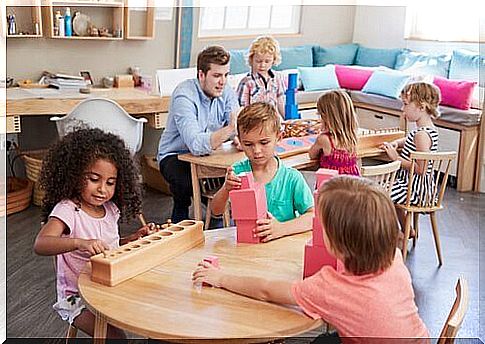
Maria Montessori was an Italian teacher, researcher, doctor, psychiatrist, philosopher, anthropologist, biologist and psychologist. With strong Catholic and feminist beliefs, she graduated in 1896 as the first female doctor in Italy. She lived at the same time as Sigmund Freud and developed her own classification of mental disorders.
Between 1898 and 1900 she worked with children who were mentally disturbed. She realized that someone simply had not yet developed their full potential. This gave rise to her calling to study the capacity of children – as she did for 50 years.
Maria Montessori controversially stated that learning during the first 3 years of life is an effortless, natural process. Her method opposes the classical Prussian method of learning that arose due to the industrial revolution and was imposed throughout the West to this day. The latter method thinks of children as future workers who will receive orders.
However, Maria Montessori discovered education in a different way. In this article, we talk about some of her most important ideas.
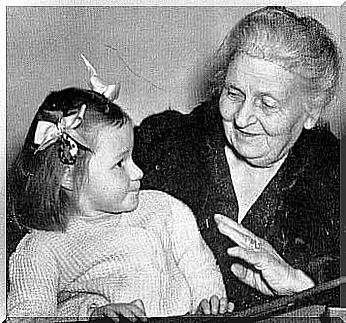
Maria Montessori’s method of education
The Montessori method of education is committed to making the most of the best stages of development. For this it is necessary to carefully prepare the environment and adapt it to the children’s physical characteristics.
This pedagogical approach is committed to respecting children’s personal rhythms and styles. Some of the keys to the Montessori education are: An interest in sensitive periods of growth and an emphasis on the children having an absorbing mind that they should benefit from.
Here are some of the key components of the Montessori method of education:
Components of the Montessori method of education
Maria Montessori’s method is composed of keys that help simplify children’s exploration and discovery processes. These keys help them develop naturally and encourage independence. This is especially important up to 3 years, which is when these components play an even more critical role.
Growing period
This method states that there are different types of psyches in different stages of life. These stages have different properties. In fact, developmental psychologists have conducted extensive studies on them.
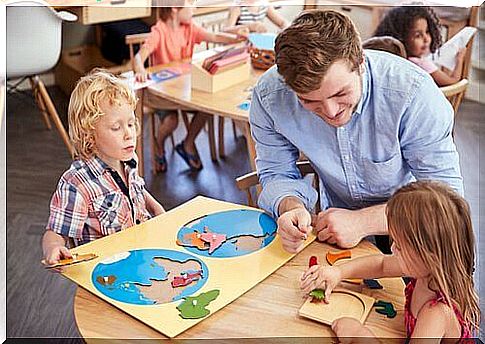
Sensitive periods
These are stages where learning can be performed in the easiest way. If the child does not take the opportunity to learn, it will probably be much more difficult for them to acquire some knowledge or skills later.
The absorbing mind
From birth up to 3 years, the baby has almost no memories or ability to reason. But at this stage the child is able to acquire a lot of knowledge since the brain is extremely sensitive. As we mentioned earlier, Maria Montessori firmly believed that learning was a natural process.
Maria Montessori on the environment
All objects in the classroom must be useful, which means that the teacher must choose them carefully in advance. Students must be able to choose all kinds of tools and stimuli to ensure proper development.
Freedom is an important key according to Maria Montessori
Children must have maximum freedom in the classroom. This stimulates their autonomy and desire to learn.
Structure and order
It is important that the class describes structure and order. This allows each child to develop their own intelligence and mental order. The teacher must order each individual aid and material used in the classroom according to the degree of difficulty.
Reality and nature
Maria Montessori stated that children should be encouraged to be in constant contact with nature. She believed that this helps them understand and appreciate its order, harmony and beauty. The ultimate goal is for them to understand natural laws, which are the basis of all science.
Teachers are an important part of education, according to Maria Montessori
According to Maria Montessori’s philosophy, educators play the role of educators during the learning process. In this pedagogical method, their function is not to impart knowledge that children must remember. On the contrary, it should give them the freedom and courage to explore their own interests.
In other words, teachers must promote children’s desire to learn without disturbing or hindering their individual processes. In short, being a teacher is anything but easy.
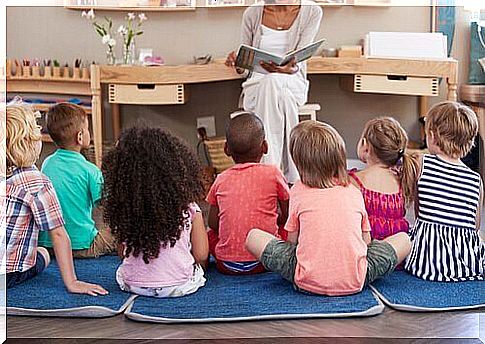
The importance of corners according to Maria Montessori
Maria Montessori’s methodology supports the use of corners in the classroom. The goal of these spaces is to create a stimulating atmosphere where children can develop their motor skills and psychological abilities.
The corner of the house
These refer to places that are full of each student’s personal belongings. This area of the classroom must encourage organization and provide stability and order. In addition, having personal items makes students feel safe.
The language corner
This space, full of mats and pillows, promotes the student’s speech. It is important for this area to have bookshelves the children can choose reading material from.
The sensation corner
This is the area of colors, sounds, touch and coordination. This space can be decorated with musical instruments, multicolored cards, materials of different textures and different toys. All these stimuli promote attention and sensitivity.
